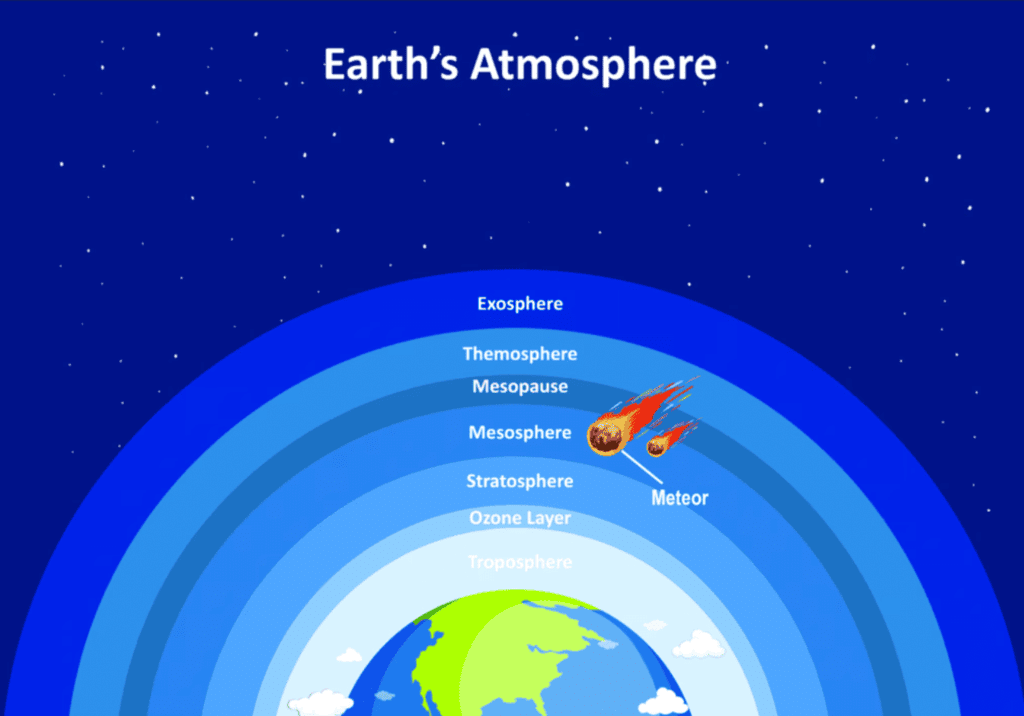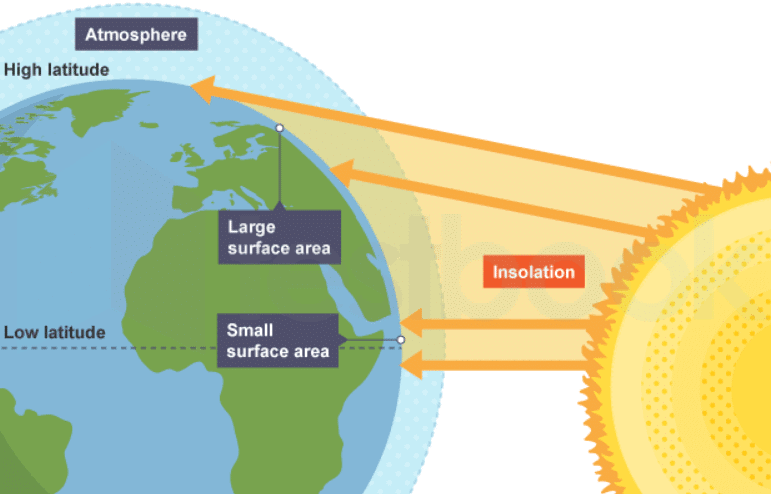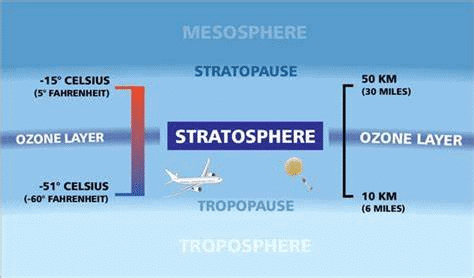NCERT Solutions for Class 7 Social Science - Air
Q1. Answer the following questions.
(i) What is atmosphere?
Ans: The earth is surrounded by a huge blanket of air called the atmosphere.
(ii) Which two gases make the bulk of the atmosphere?
Ans: Nitrogen and oxygen make the bulk of the atmosphere.
(iii) Which gas creates greenhouse effect in the atmosphere?
Ans: Carbon dioxide creates the greenhouse effect in the atmosphere.
(iv) What is weather?
Ans: Weather is a short-term state of the atmosphere, whether it is hot or cold, wet or dry. It is the hour-to-hour, day-to-day condition of the atmosphere.
(v) Name three types of rainfall?
Ans: Three types of rainfall are:
(i) Convectional rainfall
(ii) Orographic rainfall
(iii) Cyclonic rainfall
(vi) What is air pressure?
Ans: The pressure exerted by the weight of air on the surface of the earth is called air pressure.
Q2. Tick the correct answer.
(i) Which of the following gases protects us from harmful sun rays?
(a) Carbon dioxide
(b) Nitrogen
(c) Ozone
Ans: (c)
The ozone layer in the stratosphere absorbs the harmful ultraviolet (UV) rays from the Sun, preventing them from reaching the Earth's surface.
(ii) The most important layer of the atmosphere is
(a) Troposphere
(b) Thermosphere
(c) Mesosphere
Ans: (a)
The troposphere is the lowest layer of the atmosphere, where weather phenomena, clouds, and life-supporting gases exist. It plays a crucial role in sustaining life.
(iii) Which of the following layers of the atmosphere is free from clouds?
(a) Troposphere
(b) Stratosphere
(c) Mesosphere
Ans: (b)
The stratosphere is the second layer of the atmosphere and is free from clouds and weather disturbances, making it ideal for jet aircraft travel. The ozone layer is also present in this layer.
(iv) As we go up the layers of the atmosphere, the pressure
(a) Increases
(b) Decreases
(c) Remains the same
Ans: (b)
Atmospheric pressure decreases with altitude because the weight of the air above reduces as we move higher.
(v) When precipitation comes down to the earth in the liquid form, it is called
(a) Cloud
(b) Rain
(c) Snow
An: (b)
Precipitation occurs when water droplets in clouds combine and fall as rain in liquid form. Other forms of precipitation include snow, hail, and sleet when temperatures are lower.
Q3. Match the following.
(i) Trade Winds | (a) Incoming solar energy |
(ii) Loo | (b) Seasonal wind |
(iii) Monsoon | (c) Horizontal movement of Air |
(iv) Wind | (d) Layer of ozone gas |
- | (e) Permanent wind |
- | (f) Local wind |
Ans:
(i) Trade Winds | (e) Permanent wind |
(ii) Loo | (f) Local wind |
(iii) Monsoon | (b) Seasonal wind |
(iv) Wind | (c) Horizontal movement of Air |
(i) Trade Winds → Permanent Wind: Trade winds blow consistently from east to west in the tropical regions and are considered permanent winds.
(ii) Loo → Local Wind: The Loo is a hot, dry wind that blows in the northwestern regions of India during summer.
(iii) Monsoon → Seasonal Wind: Monsoon winds change direction with the seasons and bring heavy rainfall.
(iv) Wind → Horizontal Movement of Air: Wind is the movement of air from high-pressure to low-pressure areas.
Q4. Give reasons.
(i) Wet clothes take a longer time to dry on a humid day?
(ii) Amount of insolation decreases from the equator towards the poles?
Ans: (i) On a humid day, wet clothes take longer to dry due to:
- The air is already filled with moisture, which reduces its ability to absorb more water.
- Higher humidity means that the evaporation rate is slower.
- As the air temperature increases, it can hold more moisture, but if it's already humid, this effect is diminished.
(ii) The amount of insolation (incoming solar energy) decreases as you move from the equator to the poles because:
- The sun's rays hit the equator more directly, providing more energy.
- At the poles, the sun's rays strike at a lower angle, spreading the energy over a larger area.
- This results in cooler temperatures and less energy available for heating the surface.
Consequently, regions near the equator receive more solar energy than those near the poles.

|
63 videos|371 docs|46 tests
|
FAQs on NCERT Solutions for Class 7 Social Science - Air
| 1. What is air pollution? |  |
| 2. What are the major sources of air pollution? |  |
| 3. How does air pollution affect human health? |  |
| 4. What are some solutions to reduce air pollution? |  |
| 5. What can individuals do to help reduce air pollution? |  |


















